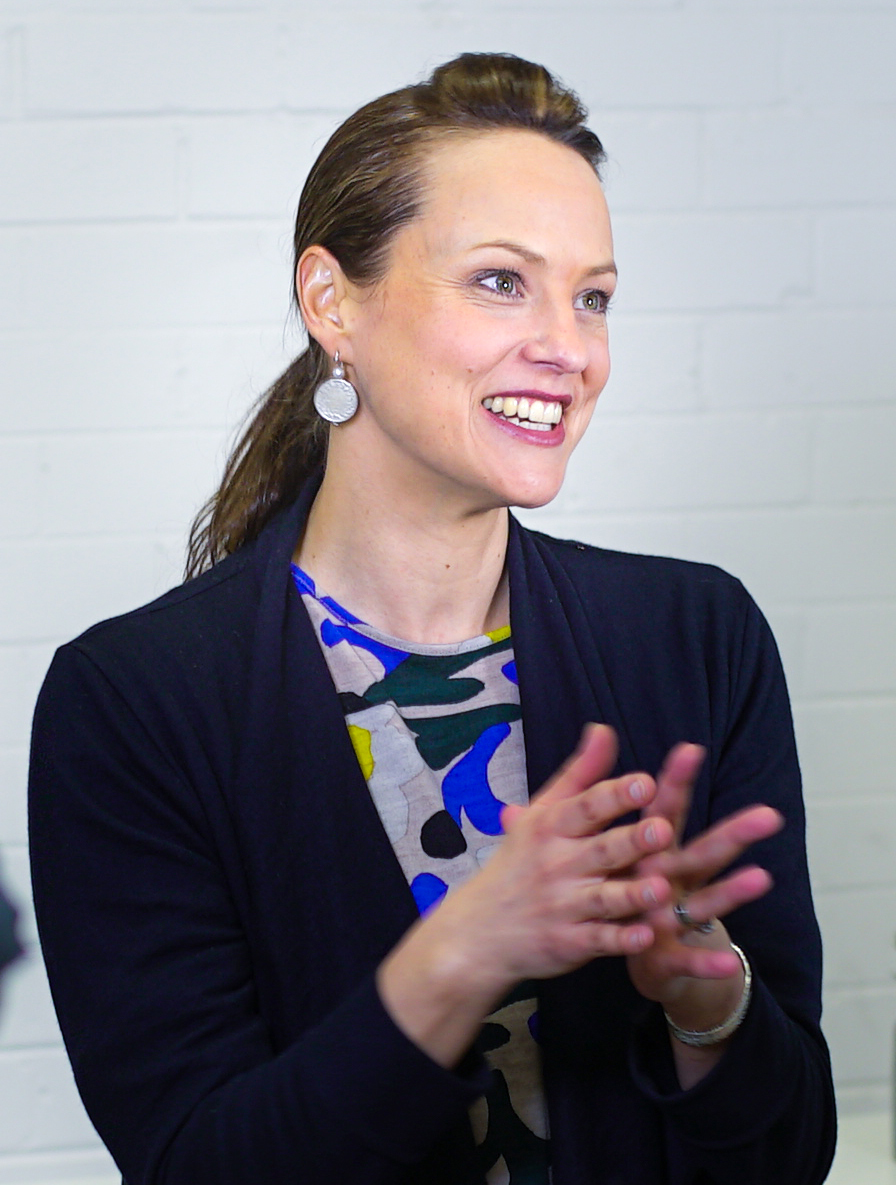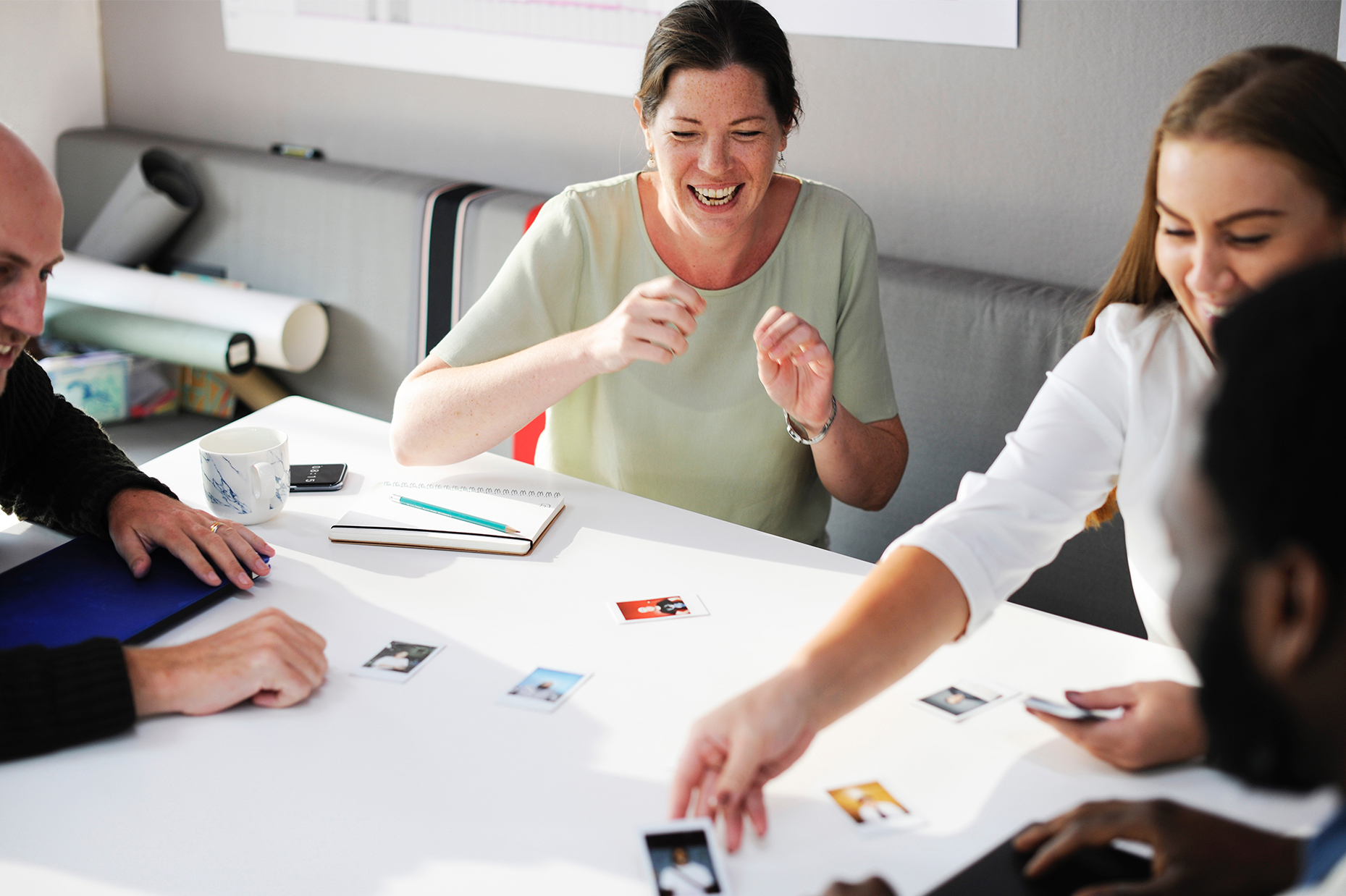Change on any level within a workplace can be disconcerting and also very disruptive.
Employees suffer most during times of organisational change and it's important to recognise the feelings of anxiety that can accompany these times.
1 in 5 Australians experience a mental health condition (most commonly anxiety and/or depression) and have taken time off work in the last year due to feeling mentally unwell.
Mental health in the workplace especially during times of change is everyone's business.
Untreated mental health conditions cost businesses about $11 billion dollars every year. Whereas, in contrast every dollar spent supporting staff with mental health issues yields a 230% return in improved productivity.
Positive changes to statistics like this start at the top, where business leaders need to adopt a pre-emptive approach to the mental health of their staff.
It is the leaders of our organisations who define and drive organisational change; it is their responsibility during such uncertain times, to do so with a sense of calm, clarity and a genuine connection to their own values and emotions, whilst also being attuned to the values and emotions of their team.
That is to say they have the opportunity to implement organisational change using mindfulness strategies, from which the whole organisation benefits.
What is mindfulness at work?
The simplest definition of mindfulness is “attending non-judgmentally to what is actually going on, not what we think is going on”. Often at work we can become carried away by our ideas about an event or a relationship.
We spend a lot of time thinking about situations that are not actually happening and, may in fact never happen. We tend to ruminate obsessively about the past and worry incessantly about the future.
All of this mental activity takes up a lot of time and energy (and is rarely fruitful) and can leave us exhausted, unable to think clearly, stressed out and often makes us feel isolated.
Mindfulness in the workplace is a simple tool that can allow us to connect to the “here and now”, it is a tool that can help us to wake up, show up and live all of our moments with greater sense of calm and clarity. It is a tool that can support us to be effective leaders, more resilient and engaged.
To build our mindfulness at work skills we simply need to refine our ability to attend to the “here and now”, to build our “mental presence”, to learn to anchor our mind in one place.
This enables us to quiet the constant internal chatter teaching us to be more accepting, to demonstrate compassion for ourselves and others, to approach situations with an open curiosity and to let go of the past.
We can build this skill through formal mindful meditation practice at work (focus your attention on the breath) as well as informal practices such as noticing you are making yourself a coffee while you are doing it (instead of thinking about something else).
The key is simply, matching our thought to our action in a non-judgmental way.
Mindfulness training programmes implemented across the organisation can lead to greater mental clarity, working more productively, feeling less stressed and having more successful relationships.
Relevance of mindfulness during organisational change
“We acknowledge that the world of work is more intense than ever. Significant change and complexity being thrown at us, in particular since the global financial crisis – dealing with change and complexity has become the new normal as businesses seek to adapt, survive and thrive. This calls on extra levels of resilience from everyone. Positive psychology in particular mindfulness meditation can support people’s resilience levels and assist people to manage the stressful environment we live in”. — PwC, Learning and Development Manager
A 2010 study found that numbers of employees receiving medical treatment for stress-related disorders were greater in organisations faced with significant change. This tells us change is stressful for employees.
Chronic stress can be expensive for organisations, in terms of an increase in workplace health and safety claims, absenteeism, employee turnover and a reduction in staff productivity.
Mindfulness strategies that include mindfulness training programs may help your workplace save serious money that can secure your businesses future.
Organisations have typically focused their stress management dollars on altering the “stressor” (external focus) such as time management training, redesigning of jobs or improved organisational communication.
While these are useful initiatives, during times of organisational change, it may be more beneficial to equip employees with the skills of altering one’s perception of the stressful situation (internal focus) as the change process itself is already underway.
Mindfulness at work has been scientifically proven to significantly reduce stress across both clinical and non-clinical populations.
While introducing mindfulness training programs for leaders and employees before the organisational change implementation would be most useful, giving your team some simple mindfulness at work tools to help them to manage the change is also likely to be effective.
Main benefits of Mindfulness as a coping strategy for organisational change
Imagine a workplace where your colleagues and employees are less stressed and more productive everyday. A workplace where, for 8-hours a day, staff use tools to have a better balance between their desks and their families.
Benefits for employers include;
- Improved productivity
- Reduced absenteeism
- Less management stress
Employers can see tangible and financial benefits by introducing mindfulness and regular meditation as part of their wellbeing culture
Mindful awareness creates a solid foundation for all other Human Resources and Learning & Development initiatives, it can help with reduced absenteeism, increased productivity and overall staff stress reduction.
![]()
Through mindfulness, leaders can experience greater clarity of thought and therefore make more accurate and timely decisions and communicate these decisions with greater precision and compassion.
Benefits for employees include;
- Emotion regulation
- Improved focus
- Less stress
- Less anxiety
Employees can benefit from staying in the “here and now” and avoiding the stress associated with worries of the future. Through practicing compassion for themselves and others they are more likely to feel more supported and less isolated during the change process and through practicing acceptance they are more likely to be working with the facts (rather than the fantasy) of a situation, allowing them to plan a more realistic path for their future.
Benefits for businesses include;
- Improved productivity
- Focussed staff
- Better overall staff mental health
Any organisation facing a large or small change initiative will benefit from including mindfulness strategies and training into their change project plan.
Through the implementation of this practice you can expect a greater degree of clarity, calm and connection in your leaders and employees and a smoother and more sustainable change transition.
Want to find out more? Get in touch here!









.jpg)




